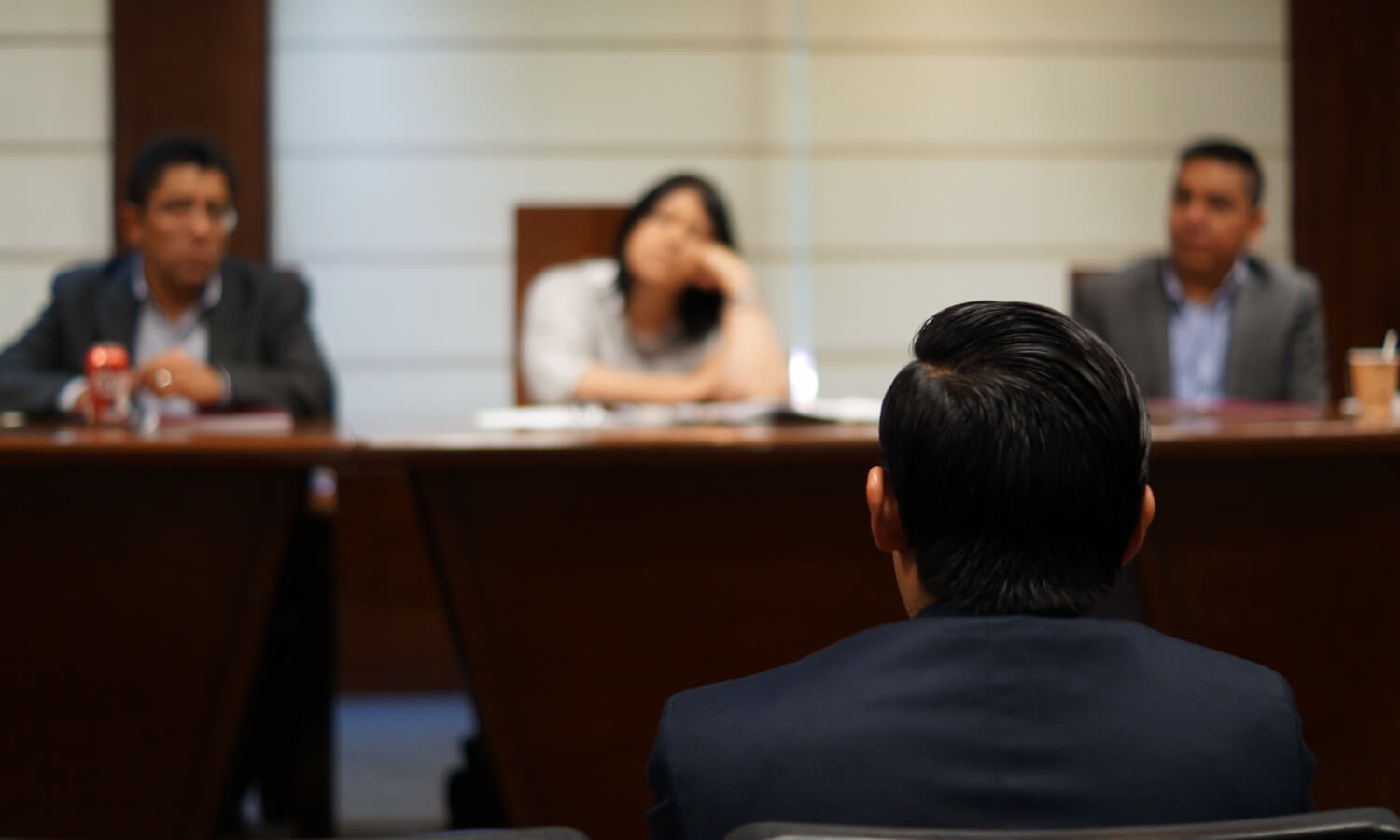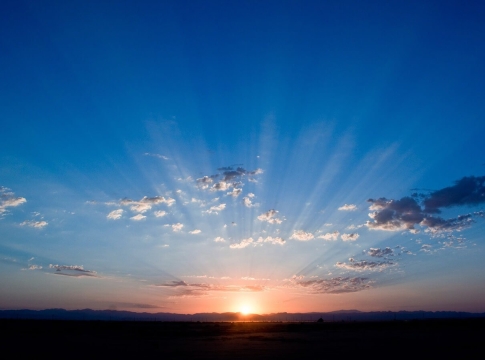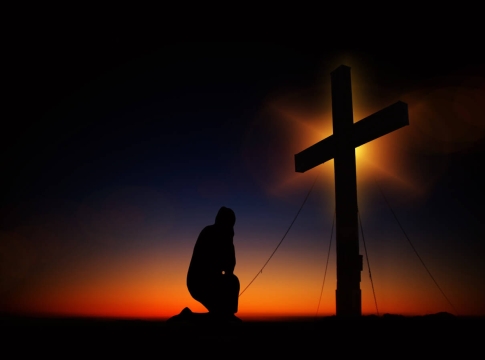
God is our Judge
All of earth is ruled by the Lord God. As ‘our lawgiver,’ he establishes the rules and defines good and evil. He is also known as “our judge” since he holds everyone responsible for abiding by these laws and regulations.
“Because the Lord is our king, our lawgiver, and our judge.” (Isaiah 33:22)
In many nations, the legislature, or congress, enacts laws and assigns officials the power to uphold those laws by adjudicating and punishing citizens who break the rules. Since history has demonstrated that there is a significant possibility of power abuse when one person has total control, this method is intended to maintain a balance of power. It’s not the same with God, though. He is [the supreme Ruler], with absolute power both in heaven and on earth. He is perfectly just and will never misuse His authority. He is both the lawgiver and the judge; He establishes the laws and administers justice to individuals based on them.
God will judge the world in righteousness
There has been an abundance of unrighteousness ever since sin entered our earth. People are living in disobedience to God, taking advantage of other people, committing crimes, and generally making the world a dangerous and horrible place. But this will not go on forever, says God. He sometimes steps in right away. The Bible provides numerous examples. The Israelites cried out to God for rescue while they were being mistreated and made into slaves by the Egyptians, and He answered their prayers. He granted them victory over other nations that attacked them.
However, God frequently takes no action. This reality has always troubled many Christians, both in the present and the past. This issue is expressed in multiple psalms: “Why doesn’t God put an end to all of the injustice and violence that exist on Earth?” However, the overall atmosphere is one of expectation and hope, for the Lord will return to judge the earth in righteousness (Psalm 96:13). Although we are unsure of when He will step in, He is in complete charge of everything.
God will judge every single human
A person’s life does not end when they pass away. After death, there remains life, but whether that life is happy in God’s presence or miserable away from Him will be determined by His just judgment (Hebrews 9:27, John 5:28-29). The apostle John tells of a vision he saw from the Lord regarding God’s ultimate judgment of humanity.
“Then I saw a great white throne and Him who was seated on it. From His presence earth and sky fled away, and no place was found for them. And I saw the dead, great and small, standing before the throne, and books were opened. Then another book was opened, which is the book of life. And the dead were judged by what was written in the books, according to what they had done. And the sea gave up the dead who were in it, Death and Hades gave up the dead who were in them, and they were judged, each one of them, according to what they had done. Then Death and Hades were thrown into the lake of fire. This is the second death, the lake of fire. And if anyone’s name was not found written in the book of life, he was thrown into the lake of fire.” (Revelation 20:11-15)
Every deed, good or wicked, will face judgment from God. He is fully aware of every action taken by each individual. He is aware of their innermost thoughts. He can therefore fairly judge them. This decision has disastrous results. According to Romans 3:10, God has declared that “none is righteous, no, not one.” Everybody is a sinner. Everyone has broken God’s commands. Nobody is able to live up to God’s moral requirements. Everybody has earned to die forever. Finding oneself “written in the book of life” is the only means of escape. What does this signify?
Believers won’t be condemned
If you believe in Jesus Christ, He has paid for all of your sins – past, present and future. He was sentenced to death on your behalf. Therefore, Jesus says, “whoever hears My word and believes Him who sent Me has eternal life. He does not come into judgment, but has passed from death to life” (John 5:24). That judgment has already been carried out. “Therefore there is now no condemnation for those who are in Christ Jesus”, the apostle Paul says (Romans 8:1). Nobody can charge you before God for anything you have done wrong, since God Himself has justified you. You need not be afraid of God’s coming judgment anymore. Your name is written in the book of life. This salvation is a free gift. It is not a prize or reward for your own efforts or righteousness, since nobody is able to meet God’s standards on his own.
Believers will be rewarded for their good deeds
“Appear before the judgment seat of Christ, so that each one may be recompensed for his deeds in the body, according to what he has done, whether good or bad,” says 2 Corinthians 5:10, despite the fact that believers will not be condemned. We will nonetheless be saved, “yet so as through fire,” even if we haven’t done any good deeds (1 Corinthians 3:10–15). We shall be rewarded with an untouchable prize if our creations can withstand the test.
God justly assesses our efforts. Not everybody possesses the same skills. God desires that those who have been endowed with certain skills make advantage of them. Others can assist the less fortunate by using their abundance of material resources. Another could have a chronic illness that prevents them from performing numerous “good works.” God is aware of this. He assigns duties to everyone “according to his ability,” after all. As a result, the Lord evaluates us based on our attitude and effort in addition to the way our lives turn out. Jesus clarifies this in a story he delivers about the subject. It is found in Matthew 25:14–30.
God disciplines His children
Hebrews 12:7 reminds us that because the Lord disciplines believers, they go through hardships while they are here on earth. Like a devoted parent, He [disciplines them for their benefit] because He wants the best for His kids. This is unpleasant right now. However, the Bible states that it eventually bears “the peaceful fruit of righteousness.” God therefore punishes us out of love rather than cruelty. He desires to chastise us and increase our holiness. He therefore does not turn a blind eye to our transgressions and corrects us as needed.
We learn of David’s fall into sin and God’s judgment on him in 2 Samuel 12, which was a temporary punishment rather than an eternal doom. The prophet Nathan questioned him about his actions after he had committed adultery and murder. Nathan informed David, “because by this deed you have utterly scorned the Lord,” after he had confessed his sin and received forgiveness. David had to live with the consequences of his blunder for the rest of his life (2 Samuel 12:13-14). God can therefore still administer justice through ephemeral punishments.
Conclusion
God has the last say and righteous judgment. We no longer have to fear God’s wrath if we accept Jesus Christ as our Savior. We can even anticipate the time when He bestows upon us everlasting blessings. However, if we reject Him, we will have to pay the price for our sin on our own and spend all of eternity in the terrible realm known as hell. Make sure you embrace the pardon that Jesus offers!





